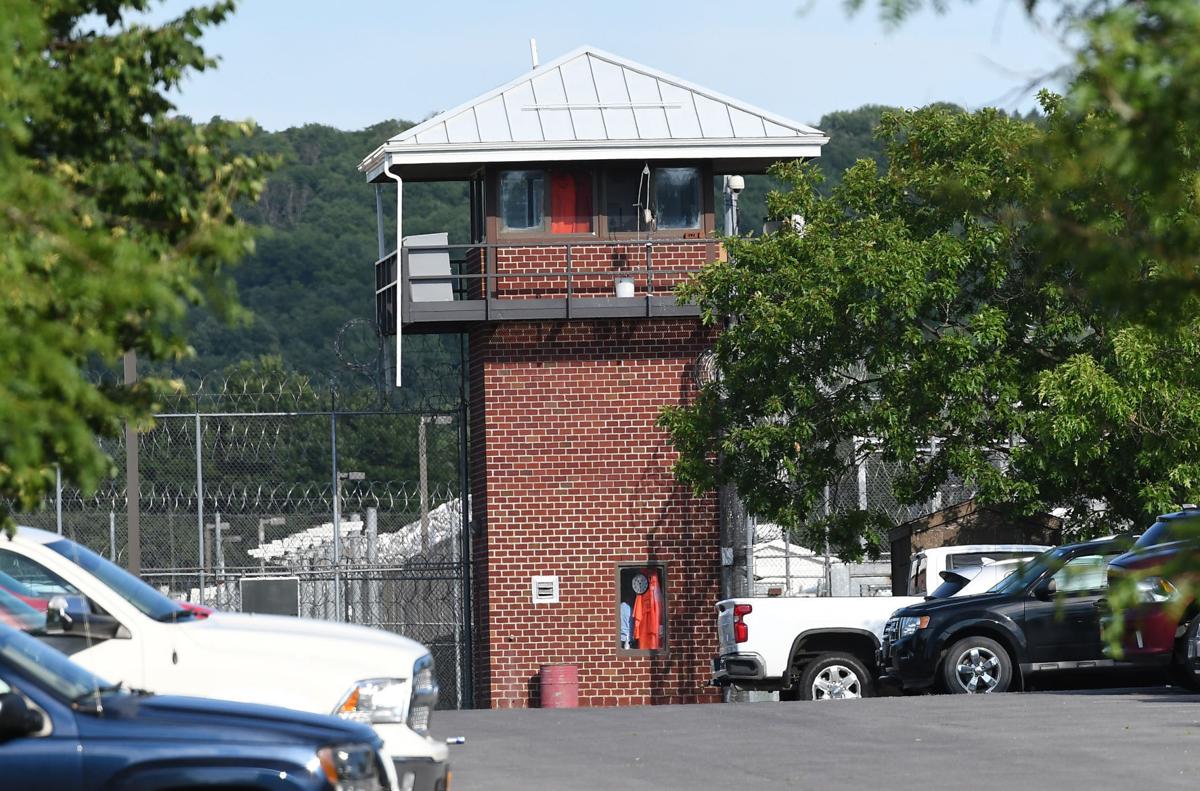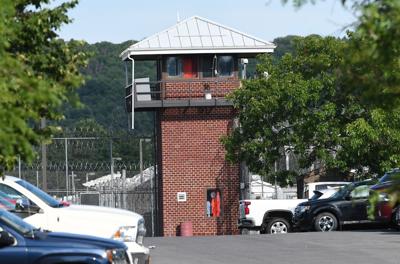Data compiled by an independent watchdog shows New York prison staffing shortages have worsened, with a vacancy rate that doubled in one year.
The Correctional Association of New York updated its dashboard, which shows that the state Department of Corrections and Community Supervision had a 27.4% vacancy rate, up from 13.3% in January 2024. Security staffing had the highest vacancy rate (31.8%), largely due to the three-week strike that occurred earlier this year. The state fired 2,000 correction officers to end the strike, though the agency notes that more than 740 of those officers have been rehired.
Significant security staffing shortages have been reported at certain prisons. The vacancy rate was 56.5% at Cayuga Correctional Facility in Moravia, making it one of the highest in the state. Upstate Correctional Facility's rate was the worst, with two-thirds of its security positions unfilled.
People are also reading…
But the staffing woes aren't limited to the frontline correction officers. The vacancy rate in health services was 23.1%, which is down from 25.1% in 2024. Program staffing levels improved, with a vacancy rate dropping from 16.2% in 2024 to 13.9% this year. Administrative and support staff also had a slightly better vacancy rate, from 18.6% in 2024 to 18.1% this year.
Jennifer Scaife, executive director of the Correctional Association of New York, noted that a consequence of the strike earlier this year is that it "pushed an already strained system deeper into crisis."
"The data highlights the urgent need for strategic, long-term solutions to the challenge of staffing prisons in New York," Scaife added.
After the strike, DOCCS launched a recruitment program to add correction officers. According to the department's latest report, the number of correction officers, sergeants and lieutenants has fallen from 14,095 at the end of 2024 to 11,319. It's a steep decline, but part of a years-long trend of the department losing officers. Ten years ago, DOCCS had 19,360 correction officers.
Not long after the strike ended, DOCCS began offering settlements to rehire some of the fired officers.
Even as DOCCS offers incentives for recruits or referrals, some factors contributing to the low staffing levels haven't been addressed. One of the striking officers' chief complaints was how the Humane Alternatives to Long-Term Solitary Confinement Act, known as HALT, affected the environment in prisons. They blame the law, which limits the use of segregated confinement, for increasing violence in prisons.
DOCCS agreed to temporarily suspend parts of HALT during and after the strike, but any changes to the law would require legislative action.
Government reporter Robert Harding can be reached at (315) 282-2220 or robert.harding@lee.net. Follow him on X @RobertHarding.


















